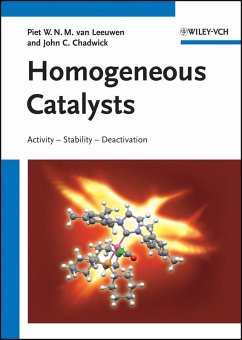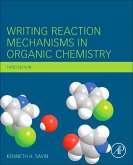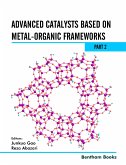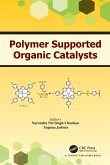Homogeneous catalysts have now established a vital position in organic synthesis, providing new and shortened routes to a large variety of known and new products. The many industrial applications already realized and those in the pipeline call for more stable catalysts and a better knowledge of their deactivation mechanisms. For the first time, this book addresses these issues explicitly for homogeneous catalysis. As the cover indicates, can the homogeneous catalyst be regenerated and arise as a Phoenix from its ashes or, as with the decomposed Grubbs catalyst shown, can it be used in a tandem reaction for the next catalytic step? The book has been written by two leading experts in the field and is intended for all industrial and academic chemists using homogeneous catalysts. The book deals with activation, incubation, deactivation and reactivation of the most important organometallic homogeneous catalysts, including those used in olefin polymerization, and is a must-have for organic chemists, organometallic chemists and polymer chemists involved in catalysis.
Dieser Download kann aus rechtlichen Gründen nur mit Rechnungsadresse in A, B, BG, CY, CZ, D, DK, EW, E, FIN, F, GR, HR, H, IRL, I, LT, L, LR, M, NL, PL, P, R, S, SLO, SK ausgeliefert werden.









